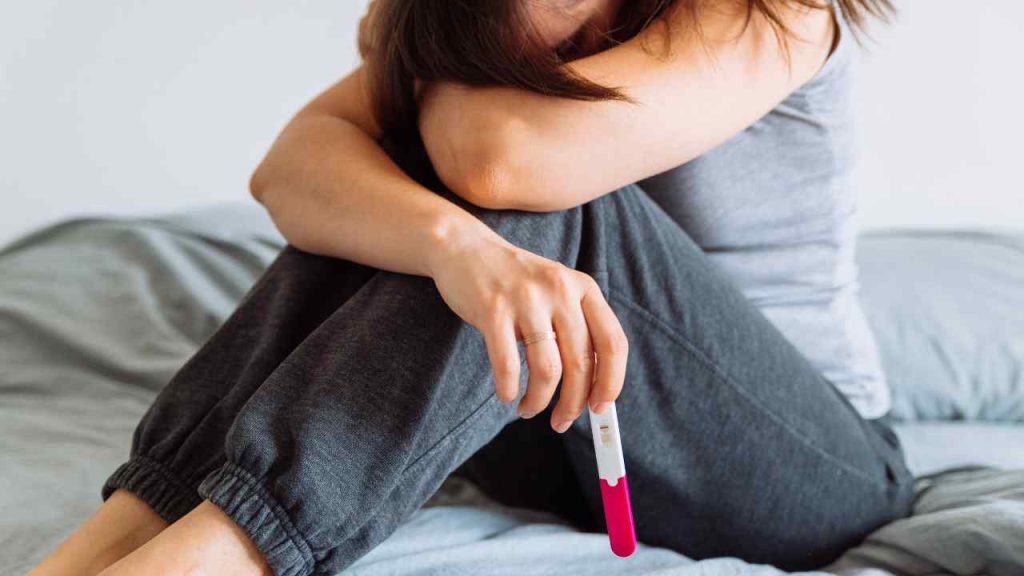Understanding the menstrual cycle and fertility window
When it comes to fertility, many of us have been taught that the safest days to have unprotected sex are during menstruation. However, biology doesn’t always follow a straightforward calendar, especially for women with irregular or short cycles. To truly grasp why pregnancy can occur during your period, it helps to look at how ovulation and hormone fluctuations interact.
How ovulation timing can overlap with menstruation
Ovulation typically happens around the midpoint of a 28-day cycle—about 14 days before your next period. But not every woman’s cycle is 28 days long. For women with shorter cycles (21–24 days), ovulation can occur just a few days after menstruation ends. In this scenario:
Irregular cycles and the risk of double ovulation
A woman’s cycle can vary from month to month. Stress, illness, travel, and sudden weight changes may shift your ovulation date forward or backward. Additionally, though rare, some women experience double ovulation, where two eggs are released roughly 24–48 hours apart. In such cases:
Sperm survival: the silent enabler of unexpected conception
Sperm cells are remarkably resilient. They can survive in cervical mucus for up to five days after ejaculation, waiting for an egg to appear. This survival period has key implications:
Contraceptive strategies for peace of mind
If avoiding pregnancy is your goal, relying on your period as a “safe” window is risky. The most effective approach is consistent use of a reliable contraceptive method. Options include:
Discuss your cycle length, lifestyle, and health concerns with a healthcare provider to choose the best fit for you.
Planning for pregnancy: making the most of your fertile days
If you’re trying to conceive, understanding that your fertile window can start earlier than expected can work to your advantage. To boost your chances:
When you find out you’re pregnant during your period
Discovering unexpected pregnancy during menstruation can be confusing. If you experience a positive pregnancy test while still bleeding:
Key takeaways for every woman
The myth that you cannot conceive during your period is just that—a myth. Factors like cycle length, sperm survival, hormonal fluctuations, and even rare double ovulation all contribute to a fertile window that may overlap your bleed. Whether you’re aiming to prevent or achieve pregnancy, informed choices and effective contraception or conception strategies are essential. Embrace your cycle, arm yourself with knowledge, and work with a healthcare professional to navigate pregnancy planning or prevention with confidence and peace of mind.
